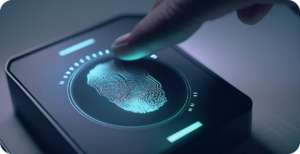The Numbers Don't Lie
Cybersecurity Ventures predicts that by 2025, there’ll be about 3.5 million cybersecurity job openings worldwide that no one is filling. This means big banks, hospitals, government systems, and even our private information are in danger. Simply put, we really need more experts in cybersecurity. We need people who are quick, smart, and prepared to defend against increasing online threats.
The Global Skills Shortage
Despite the increasing demand, there is a severe shortage of skilled cybersecurity professionals globally. According to industry reports, this gap is projected to widen in the coming years. This shortage presents a golden opportunity for individuals considering a career in cybersecurity. You have to keep in mind that battles are no longer just fought in open fields or secluded trenches; they rage in the intricate labyrinths of codes, servers, and networks that underpin our society. The very essence of warfare is shifting, and you, with your unparalleled dedication and skills, are perfectly poised to lead the charge in this new domain.
Lucrative Job Opportunities
One of the most enticing reasons to pursue a career in cybersecurity is the range of well-paying job opportunities it offers. With the skills and knowledge gained in this field, you can work in various roles, such as security analyst, ethical hacker, cybersecurity consultant, or chief information security officer (CISO). These positions often come with attractive salaries and excellent career growth prospects.
The Military Front
For our soldiers, both current and retired, the digital realm presents a new theater of operations, demanding not just physical agility but intellectual prowess. The U.S. Department of Defense and intelligence communities have made no secret of their escalating need for cyber operators. With the bulk of their operations now rooted in technology, securing data is paramount.
The Answer: Quality Cyber Education
While the need is significant, it’s not just about filling the cybersecurity jobs gap; it’s about preparing professionals with the highest standard of training and expertise. That’s where the role of cybersecurity education becomes essential. And in this space, Cyber Brain Academy, your trusted partner, comes to the fore.







